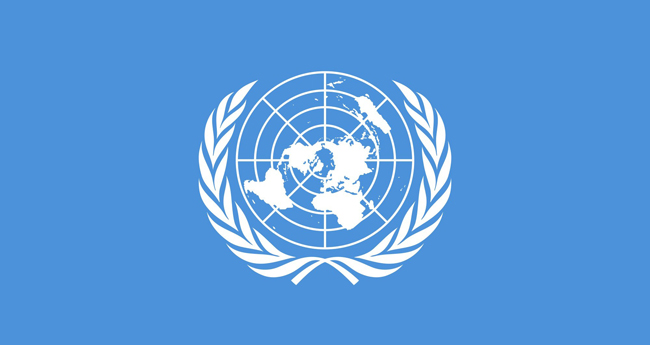The Centre for Human Rights, University of Pretoria is pleased to announce the start of a comprehensive study into the impact of the United Nations (UN) human rights treaty system in 20 countries around the world.
This study will be conducted over the next two years by researchers from the university’s Centre for Human Rights in collaboration with the UN Office of the High Commissioner for Human Rights in Geneva, Switzerland. They will work with experts based in each one of the countries studied: Australia; Brazil; Canada; Colombia; Czech Republic; Egypt; Estonia; Finland; India; Iran; Jamaica; Japan; Mexico; Philippines; Romania; Russia; Senegal; South Africa; Spain; and Zambia. These countries represent four states from each of the five UN regions worldwide.
The study is a follow up to a seminal study conducted two decades ago by Prof Christof Heyns and Frans Viljoen from the Centre for Human Rights into the impact of the treaty system in the same 20 countries, for Mary Robinson, then UN High Commissioner for Human Rights. This remains the only empirical study of the system that has been conducted on a global scale. The new study is embarked upon as the UN is engaged in a process to strengthen the human rights system, which will culminate in 2020. The study is conducted in collaboration with staff from the Office of the High Commissioner for Human Rights and is aimed among other things at informing the treaty reform process.
The study will establish to what extent the human rights treaties and the work of the treaty monitoring bodies are given effect in the domestic constitutions of the countries in question, in their legislation, court cases, policies, and in the teaching of law students, and also assess the levels of awareness of the system.
According to Prof Heyns: ‘The test for the global human rights system is impact, but we have very little systematic evidence about the extent to which the UN human rights treaties have any influence on the ground level. The study of 20 years ago forms a baseline from which more recent developments can be understood and recommendations for the future can be made.’
Prof Viljoen noted: ‘We are delighted that recognised experts based in the twenty study countries who have a close up understanding of the link between the UN and their own domestic human rights systems have agreed to be part of this exciting and important research project.’
For further information, please contact the coordinator of the study:
Dr Willem Gravett
Study Research Coordinator
Faculty of Law
University of Pretoria
willem.gravett@up.ac.za


